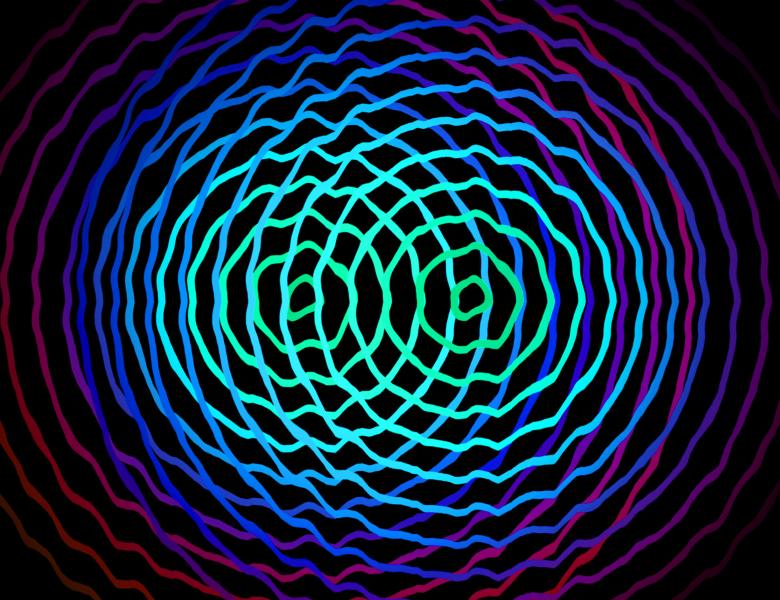
Abstract
Quantum benchmarking is an active research area where the main goal is to design algorithms to learn about noise in quantum devices. Mature methods have been developed to estimate the total error on a single gate (randomized benchmarking), and the main challenges in benchmarking are two-fold: (1) learn more information about noise on few qubits, and (2) learn total error on more qubits.
The main issue in (1) is that not everything about quantum noise is learnable due to the existence of gauge freedom, leaving open the question of what information about noise is learnable and what is not. In part I of this talk we give a precise characterization of what information about noise is learnable for Clifford gates. As an example, we show that the Pauli noise channel of a CNOT gate has 13 learnable degrees of freedom and 2 unlearnable degrees of freedom.
For (2), scalable method for estimating the total error is known only for Clifford gates (cycle benchmarking). In part II of this talk we develop an algorithm to learn the total error on a layer of non-Clifford gates. The algorithm is inspired by Google's quantum supremacy experiment and is based on random circuit sampling. In their paper, Google observed that their experimental linear cross entropy was consistent with a simple uncorrelated noise model, and claimed this coincidence indicated that the noise in their device was uncorrelated. As an application, we show that our result provides formal evidence to support such a conclusion.
Based on arxiv: 2206.06362, 2105.05232


